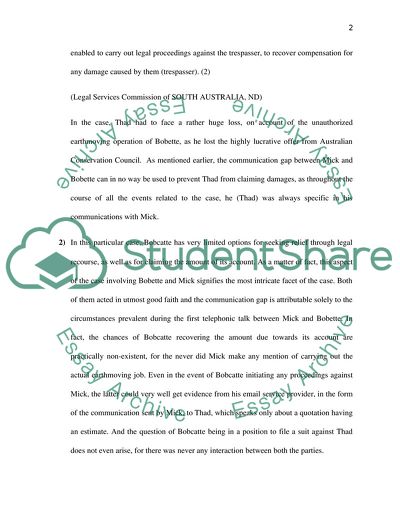Cite this document
(“Government of South Australia Assignment Example | Topics and Well Written Essays - 2000 words”, n.d.)
Retrieved from https://studentshare.org/law/1569671-law-written-assignment
Retrieved from https://studentshare.org/law/1569671-law-written-assignment
(Government of South Australia Assignment Example | Topics and Well Written Essays - 2000 Words)
https://studentshare.org/law/1569671-law-written-assignment.
https://studentshare.org/law/1569671-law-written-assignment.
“Government of South Australia Assignment Example | Topics and Well Written Essays - 2000 Words”, n.d. https://studentshare.org/law/1569671-law-written-assignment.


